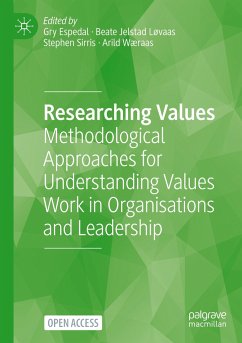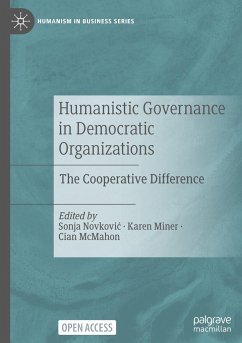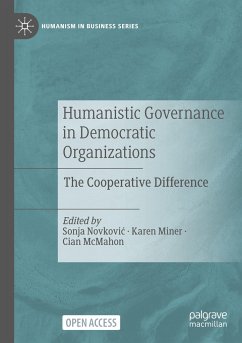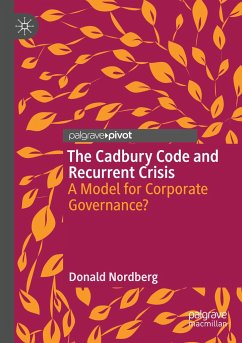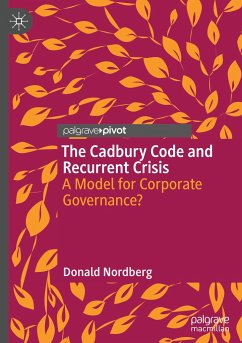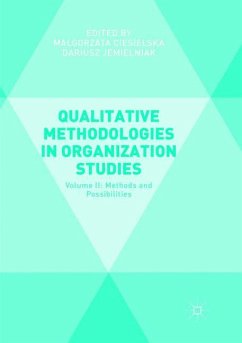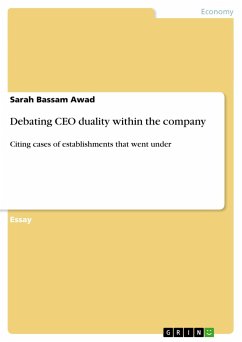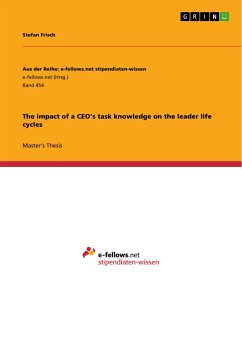
Debating 'Homo Academicus' in Management and Organization
Ontological Assumptions and Practical Implications
Herausgegeben: Cinque, Silvia; Ericsson, Daniel
Versandkostenfrei!
Versandfertig in 6-10 Tagen
129,99 €
inkl. MwSt.

PAYBACK Punkte
65 °P sammeln!
In the fields of management and organization, there is an ongoing debate about different ontological assumptions about people in and around organizations, and the dangers of self-fulling prophecies, i.e., the phenomena in which unsubstantiated, unethical, or dysfunctional assumptions about people can lead to adverse practical consequences. This open access book advances this debate, but in a self-reflexive direction, asking: Who do we, as scholars in the fields of management and organization, think we are? What ontological assumptions about ourselves do we live by? Do we think we are something...
In the fields of management and organization, there is an ongoing debate about different ontological assumptions about people in and around organizations, and the dangers of self-fulling prophecies, i.e., the phenomena in which unsubstantiated, unethical, or dysfunctional assumptions about people can lead to adverse practical consequences. This open access book advances this debate, but in a self-reflexive direction, asking: Who do we, as scholars in the fields of management and organization, think we are? What ontological assumptions about ourselves do we live by? Do we think we are something "special", a 'Homo Academicus', distinctively separated from the life-world of managers and employees but linked with other academics such as, say, philosophers and sociologists? If so, what are the consequences and implications of such assumptions?
Part of the popular Palgrave Debates in Business and Management series, each of the chapters disclose, problematize, and criticize different ontological assumptions about 'Homo Academicus' that underpins research in the fields of management and organization. It will be of great interest to management and organization scholars and students, as well as those with a broader interest in methodology and critical studies.
Part of the popular Palgrave Debates in Business and Management series, each of the chapters disclose, problematize, and criticize different ontological assumptions about 'Homo Academicus' that underpins research in the fields of management and organization. It will be of great interest to management and organization scholars and students, as well as those with a broader interest in methodology and critical studies.



